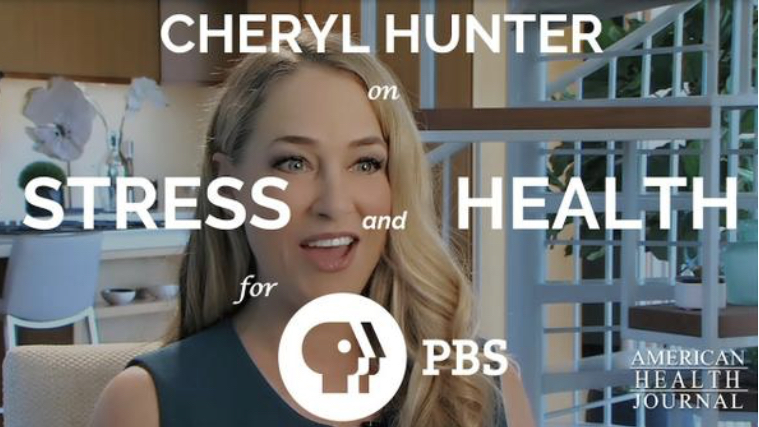Did you know April is National Stress Awareness Month? It’s not as fun as “National Donut Day,” but hey, that already happened this year.
Seriously, though, it’s no secret that stress can be dangerous to our mental, physical, and emotional health. So much so, The World Health Organization has dubbed stress the “Health Epidemic of the 21st Century.”
It’s pretty safe to say we all deal with stress on one level or another; it’s truly unavoidable if you live completely off the grid in a yurt nestled high in the Canadian Rockies. But I mean, let’s face it… as hard as it is keeping a yurt clean, even that’s bound to stress you out, too.
If stress is inevitable, then it’s important to know what kind of stress we’re personally dealing with, and what the consequences of it are. Most of all it’s important to know what we can do to combat it.
There are two different types of stress: acute stress and chronic stress.
Acute stress is immediate and short-term. We recognize this kind of stress because it’s so different than our normal day-to-day experience. The effects of acute stress are fleeting; we might experience an elevated heartbeat, sweaty palms, or heartburn. Bottom line: acute stress doesn’t have a lasting impact.
Chronic stress, on the other hand, is, as the name implies, long-term, deeply-engrained, and unfortunately, it’s a killer. It causes the chronic release of “stress hormones,” due to a maladaptive fight, flight or freeze response, which wears a body down, physically, mentally and emotionally. This condition can cause adrenal fatigue, high blood pressure, depression, panic attacks, and over time even heart attack, stroke, cancer and diabetes. The biggest problem with chronic stress is that unlike acute stress – which we can immediately recognize – chronic stress tends to fade into the background because it’s so typical in our everyday lives. If we don’t realize that chronic stress is even there, we can’t do much to stop it.
There are countless reasons we fall victim to chronic stress: work concerns, financial pressure, relationship issues, parenting worries… the list goes on and on. While many causes for stress are clearly apparent, there are also two hidden reasons we become stressed: we strive for perfection, and we try to control the uncontrollable.
Do either of those sound familiar to you? Looking at these two hidden causes of stress on paper may seem ridiculous and oh so obvious… but think about the past 48 hours and where you’ve unknowingly allowed these two issues to creep into your life. You might be surprised.
So, we get stressed out… now what? Well, the real ticket is being able to develop and apply actionable tools to help alleviate stress as it appears instead of allowing it to slowly overpower us. Learn more about how be stronger than your stress the in the video below:
So what if there are dirty dishes in the sink, the kids’ toys are all over the floor, the bed is unmade and the laundry basket is overflowing? WHO CARES? Check what you can off your list today and get back at it tomorrow. Are any of these things really worth sacrificing your physical or mental health?
What have you been stressing about that you can you let go of?
Cheryl
PS: When you’re ready to eliminate the causes of chronic stress in your life, then it’s time we talk. Click here to book your free Breakthrough Session to get started.


